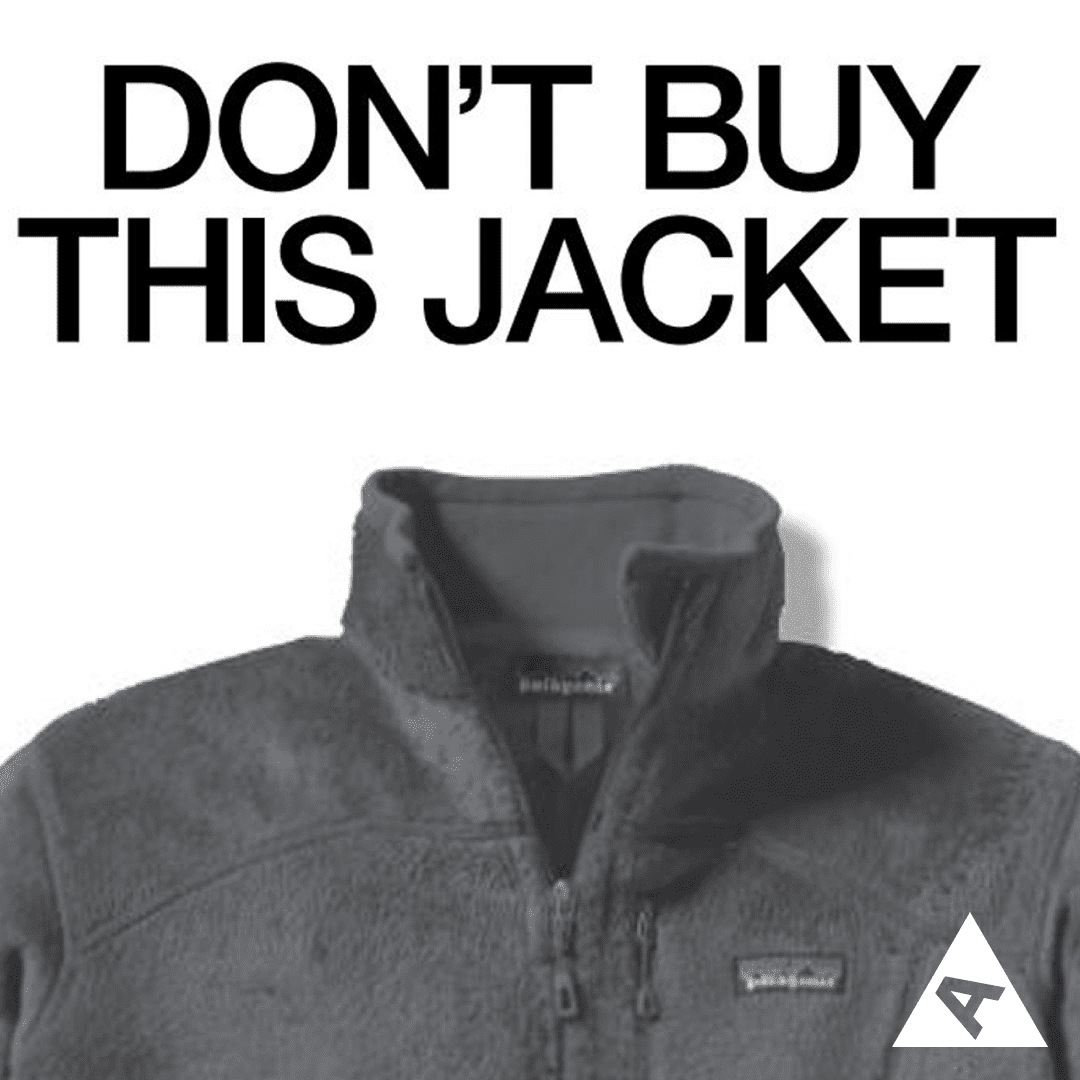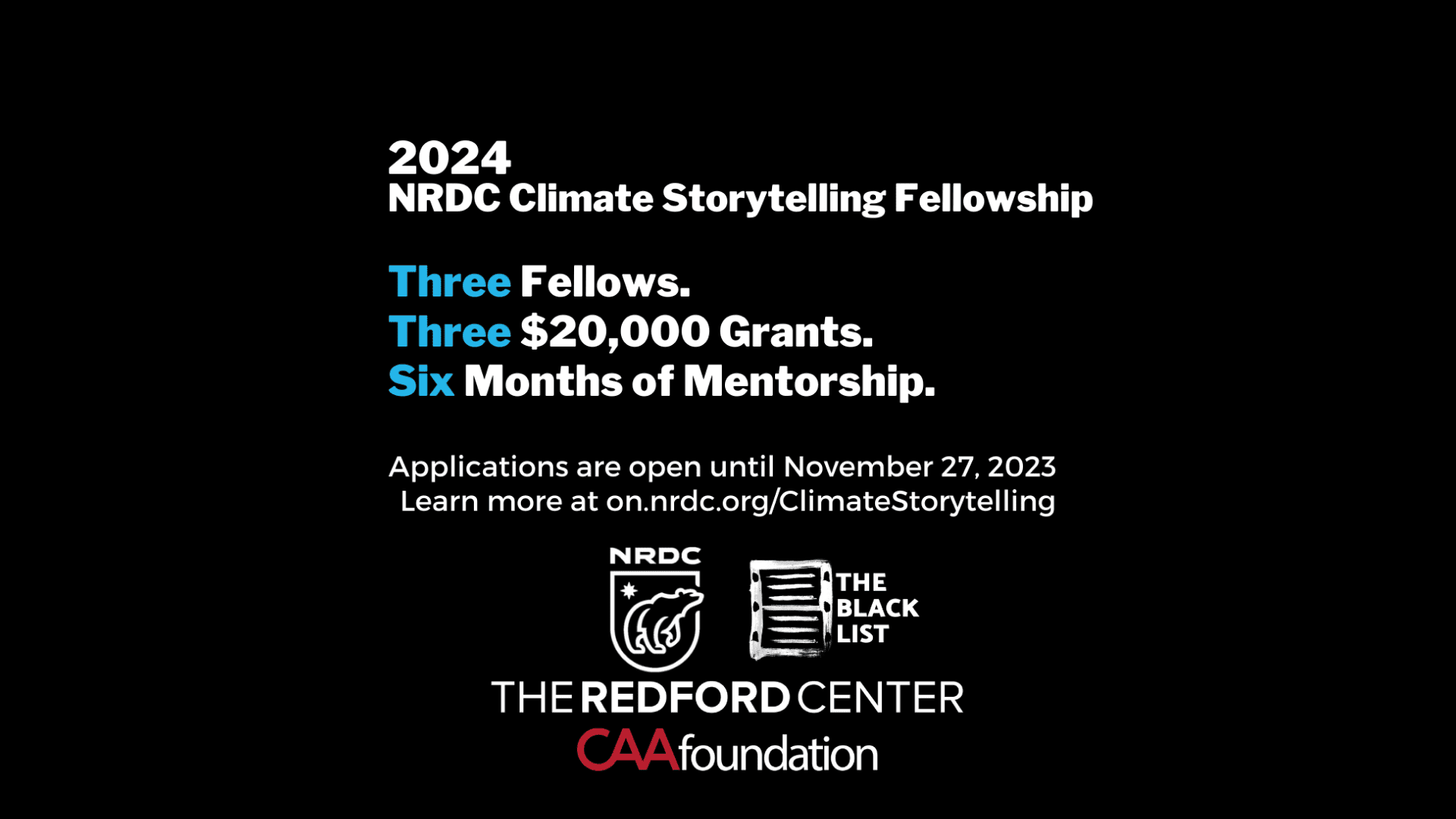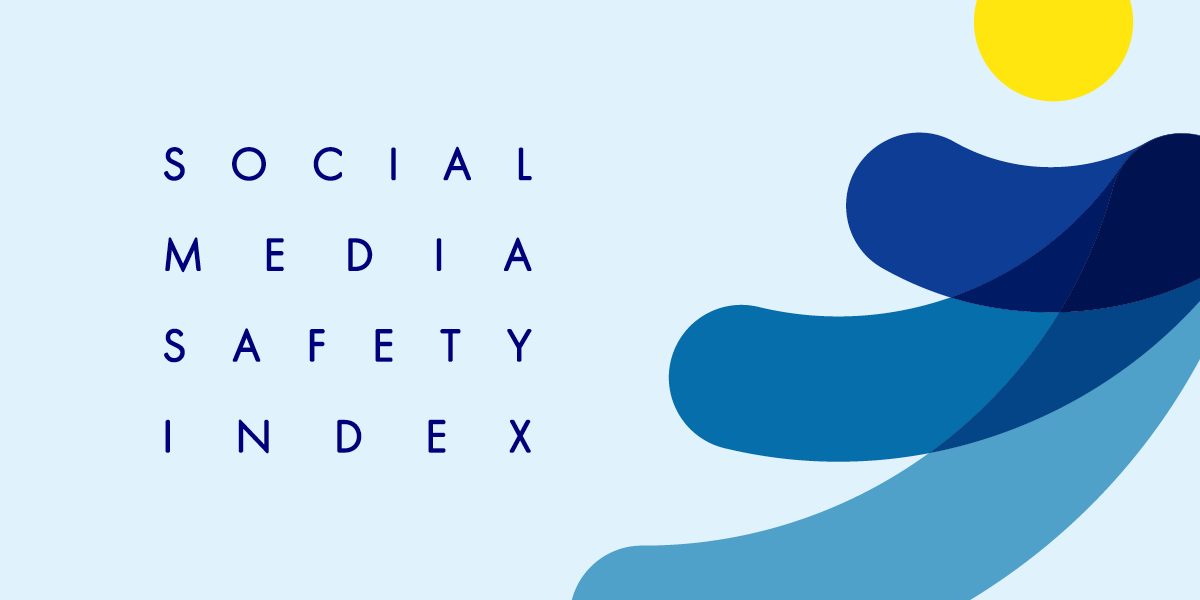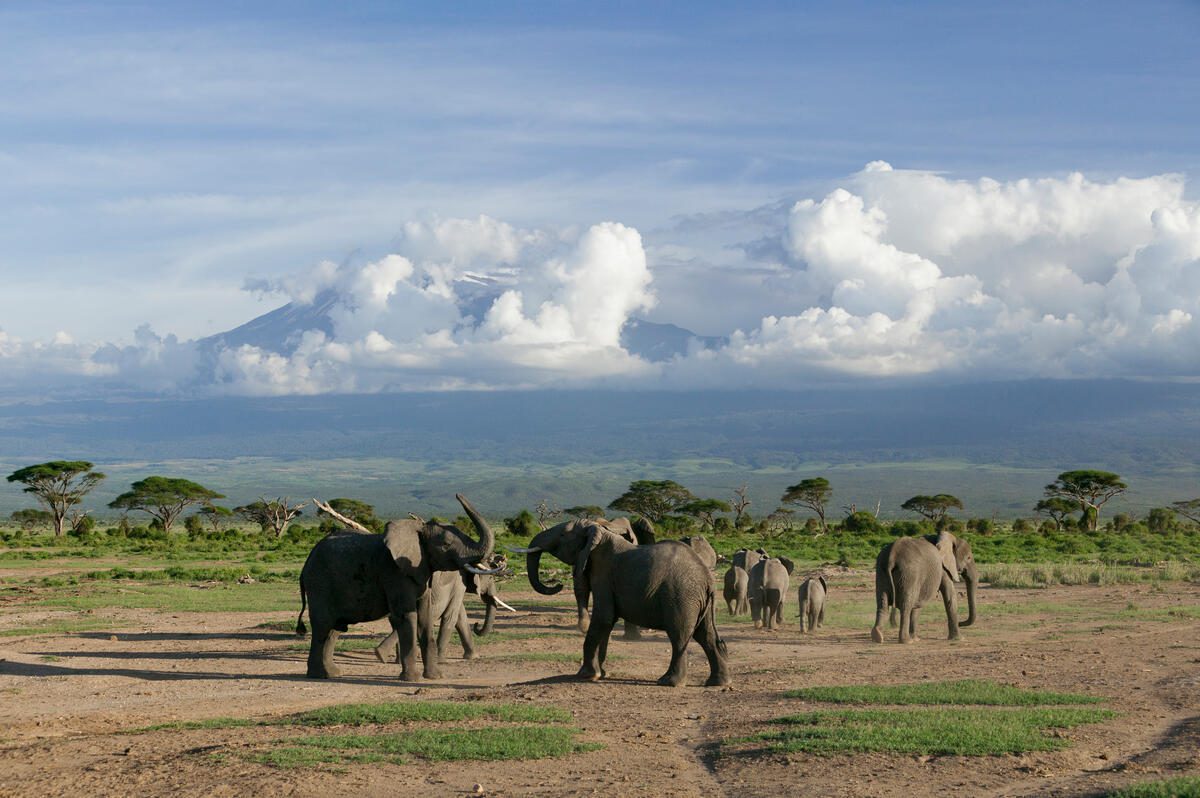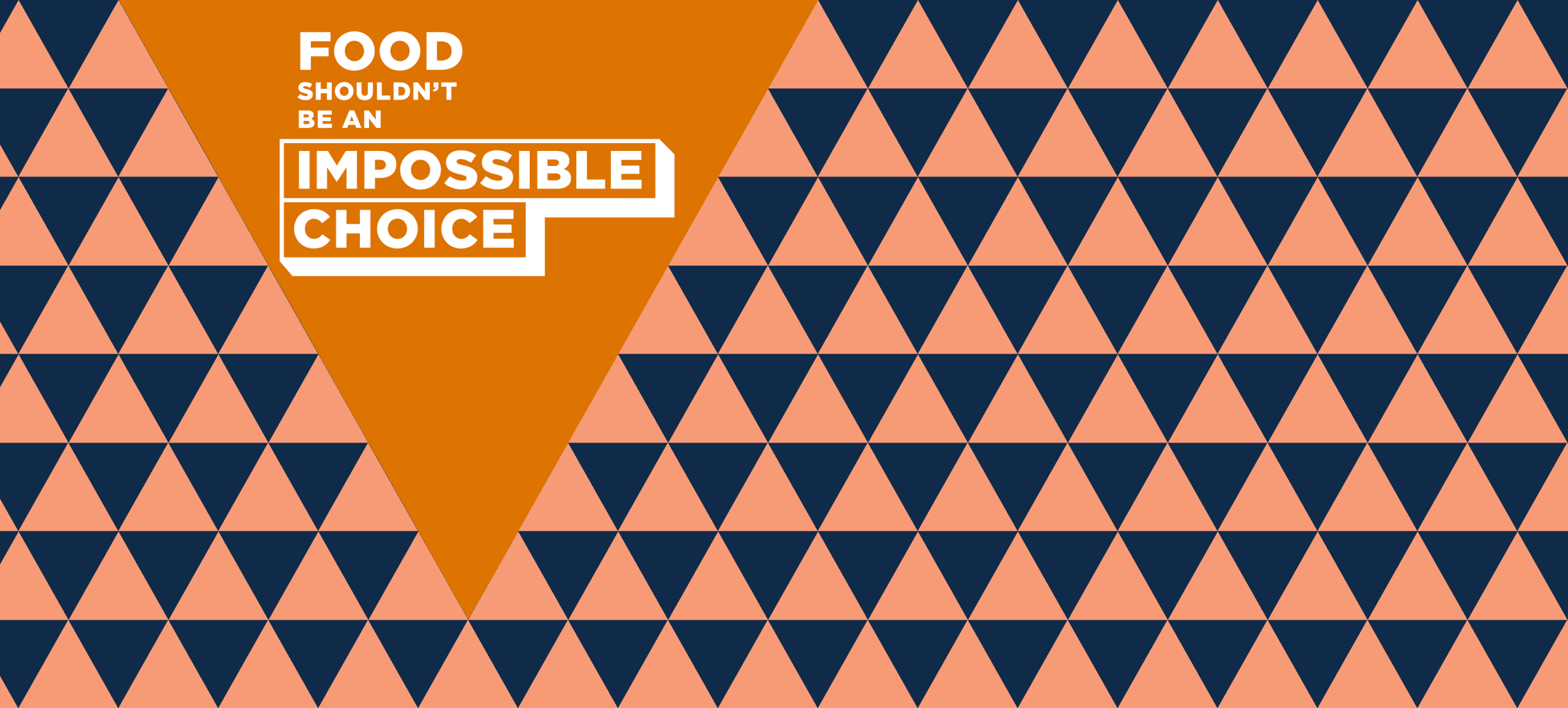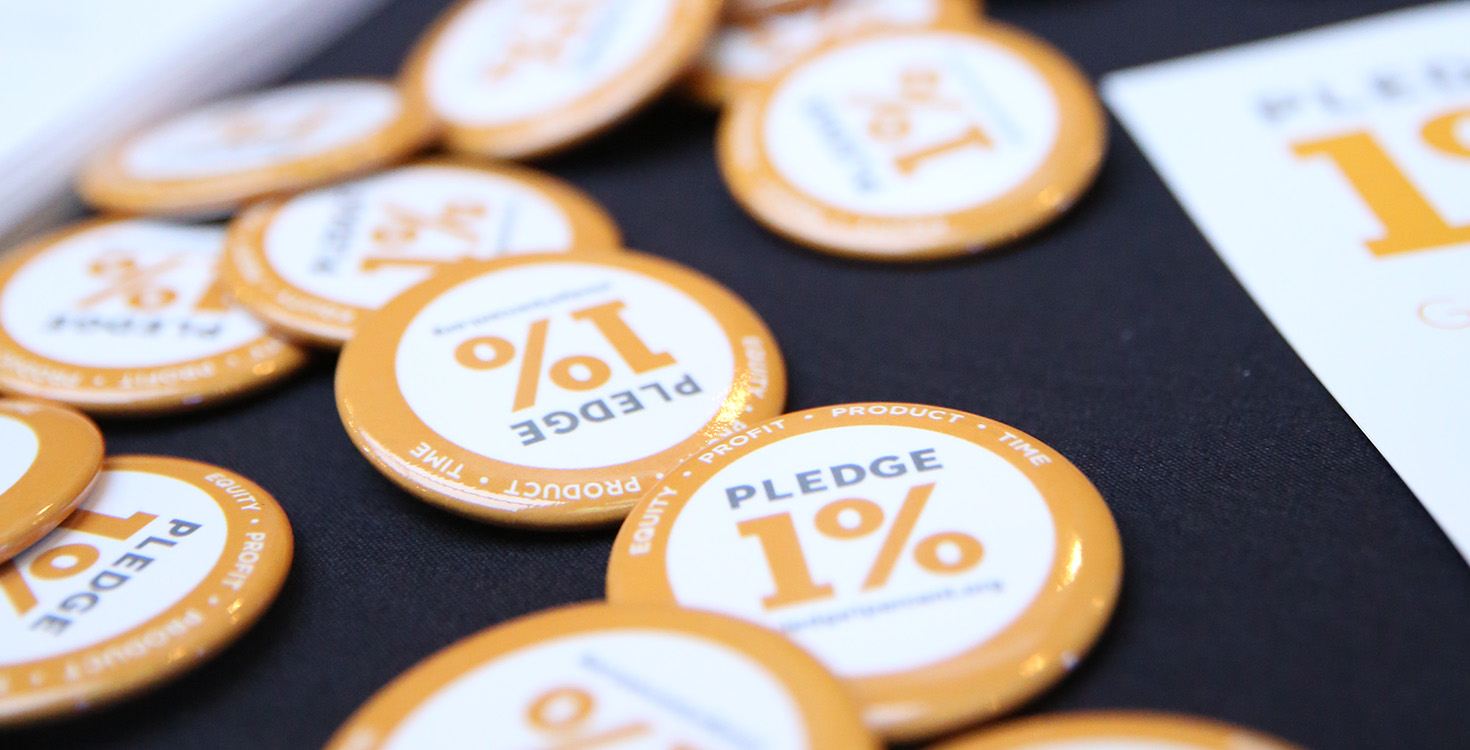MTV’s Mental Health is Health Campaign
Since its founding, MTV has always strived to reflect and amplify the issues most important to its audience – from groundbreaking storytelling about HIV/AIDS in the 80s to a first-of-its-kind youth voter engagement campaign in the 90s to an eye-opening TV series that measurably contributed to falling teen pregnancy rates in the 00s. By leveraging our storytelling superpowers, MTV has been at the forefront of social change efforts for decades.
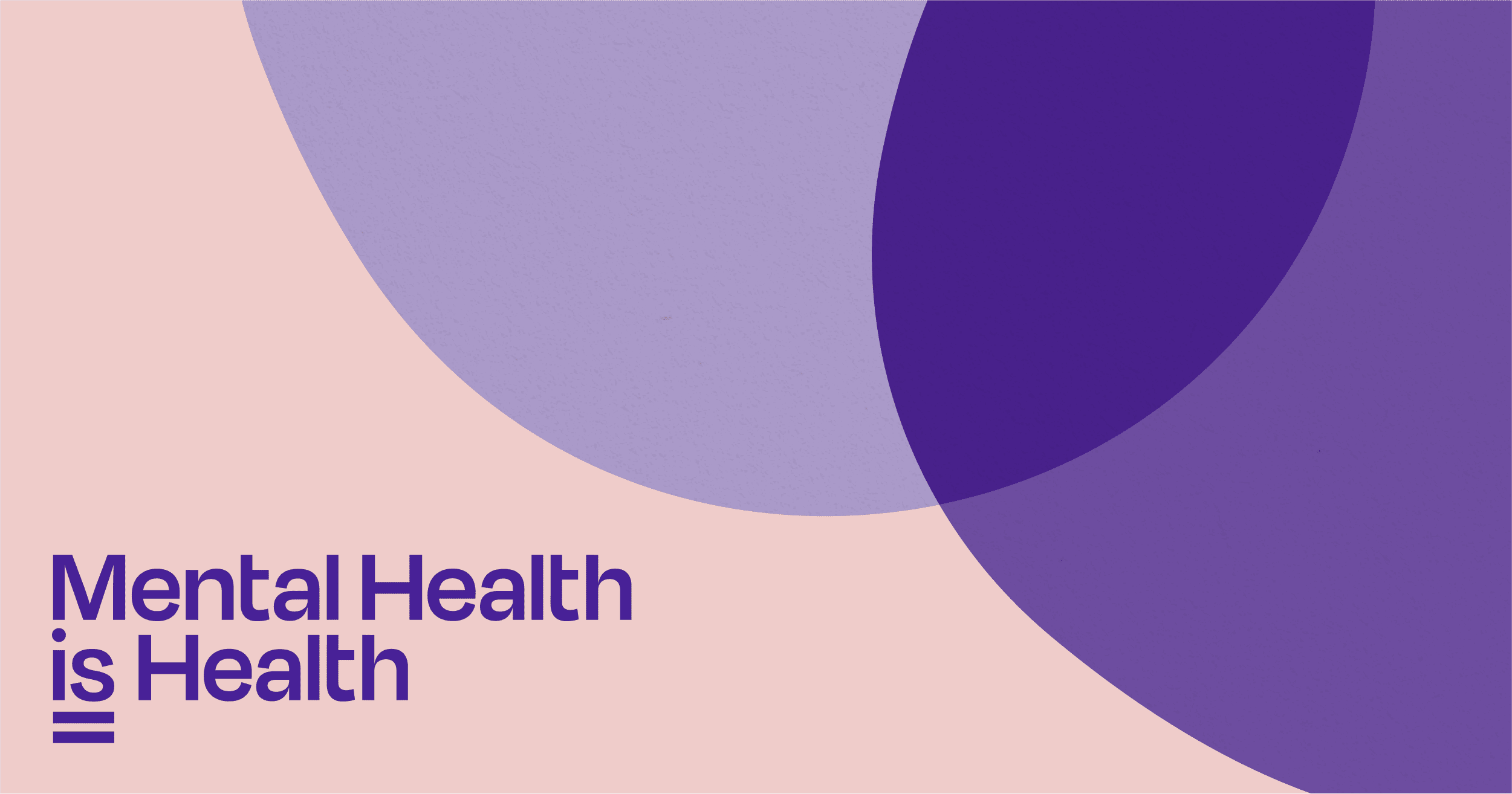
What inspired your team to create the Mental Health is Health campaign?
Since its founding, MTV has always strived to reflect and amplify the issues most important to its audience – from groundbreaking storytelling about HIV/AIDS in the 80s to a first-of-its-kind youth voter engagement campaign in the 90s to an eye-opening TV series that measurably contributed to falling teen pregnancy rates in the 00s. By leveraging our storytelling superpowers, MTV has been at the forefront of social change efforts for decades.
In 2006, MTV created the Peabody Award-winning Half of Us campaign, in partnership with the JED Foundation, to address youth mental health. Over the past 15+ years, the campaign has reached millions of young people with impactful content and life-saving resources. Building on that foundation, MTV Entertainment Group (MTVE) launched Mental Health is Health in May 2021 as the next phase of this ongoing effort to tackle the nation’s growing mental health crisis, with a focus on youth from marginalized communities.
The initiative underscores that mental health is part of overall health and aims to move people from awareness to action through powerful storytelling and groundbreaking tools. Mental Health is Health consists of three core pillars:
- Consumer Campaign: Engage viewers across platforms with content and activations that demonstrate everyone has mental health and the power to take action, regardless of where they are on the mental health continuum
- Storytelling Initiative: Expand impactful mental health storytelling across the entertainment industry and beyond.
- Thought Leadership: Pursue innovative projects that accelerate mental health action across sectors.
As one of the most significant brands creating and pushing pop culture, what is the significance of creating a campaign like this?
We hope that MTVE’s commitment to not only continue but expand its initiative serves as a signal that mental health remains an urgent issue that requires renewed focus. And as a brand that reflects and influences culture, we hope to underscore the importance of culture change as one of the critical components in the fight to improve mental health for young people.
How would you like to see mental health incorporated into entertainment and media?
Media and storytelling can have a major impact on the way we perceive mental health, how we talk about it, and our propensity to seek help and help others. But positive mental health storylines are rare and lack diversity.
According to a 2019 study from the Annenberg Inclusion Initiative, only 7% of TV characters in the 50 top-rated scripted TV shows and roughly 2% of characters in top-grossing films experienced a mental health condition, compared to about 20% of the general population. When mental health conditions were represented in TV, 38% of characters were disparaged because of that condition. Few television characters with a mental health condition were shown in treatment.
Our hope is to help catalyze a transformation in mental health representation across entertainment, with an expansion of authentic, nuanced mental health storylines that lead to positive action.
Do you think the media is doing a better job at telling holistic stories of mental health? How is MTV playing its part in this?
The entertainment industry is making commendable strides in recognizing the powerful role media and storytelling can play in addressing our nation’s mental health challenges.
In May 2021, the MTV Entertainment Group helped convene leading media companies and experts to form the Mental Health Storytelling Coalition, a cross-sector group dedicated to changing the narrative on mental health.
The coalition consists of 50+ partners including leading industry players such as ViacomCBS, Disney, Amazon Studios, NBC Universal and WarnerMedia as well as top mental health expert organizations, with a goal of transforming mental health representation in entertainment in the following ways:
- Expand the conversation beyond mental health conditions and suicide to represent the full range of mental health experiences and show that we all have mental health to take care of whether we’re thriving, struggling or in distress
- Increase stories about diverse communities that are often underrepresented in media and help everyone be seen and included in the mental health conversation.
- Showcase the positive ways in which we can support mental health (resilience building, healthy coping, peer support, self-care, treatment) and create pathways to resources.
To achieve its goals, the coalition has partnered to develop a first of its kind Mental Health Media Guide that empowers content creators with tips and tools to harness the power of storytelling to change the narrative on mental health.
The Mental Health is Health campaign is part of Viacom’s effort to make more responsible programming.What does that look like for a brand that is well-known for its unscripted programming?
Unscripted programming can provide an incredibly powerful platform to move the needle on mental health. Across MTVE, we constantly see storylines about emotional health surface organically in our unscripted shows, as they feature real people dealing with very relatable struggles. When we encounter these storylines we rely on recommendations from the Mental Health Media Guide and partner closely with experts to shape these narratives and connect our audience to resources. In doing so, we can make a massive impact.
One recent example comes from the popular unscripted VH1 series, Black Ink Crew Chicago, where a cast member named Phor opened up to his loved ones about his battle with depression and suicidal thoughts. Without hesitation, his friends immediately banded together to support him and get him help.
We saw Phor’s story do a few things: first, it helped normalize the experience of depression and showed viewers who are dealing with mental health issues that they are not alone. Second, it showed the power of speaking up. Third, it encouraged help-seeking and modeled effective peer support.
We can see that impact reflected in the audience response. The night the episode aired, Phor’s story inspired nearly 20,000 viewers to visit an MTVE mental health resource site to get help and social posts related to Phor’s story generated more than 5M video views and nearly 200K engagements, with an outpouring of support. We also surveyed viewers and nearly half said the storyline made them want to support someone they know who is struggling with mental health
How has your focus for Mental Health is Health shifted or grown since the initiative was launched last May?
As part of the launch of Mental Health Is Health, MTV convened more than 1400 partners from across the public and private sectors in May 2021 to launch the first Mental Health Action Day, an ownerless and open-source day to drive people from mental health awareness to mental health action. As a result of the coalition’s efforts, #MentalHealthAction trended across social media reaching more than 195 million views on TikTok and 320 million engagements across social platforms. Hundreds of elected officials, professional athletes, artists and public figures such as President Joe Biden, Arianna Huffington, Kerry Washington, Jeremy Lin, Jewel, Mike the Situation, and Robin Roberts motivated millions to take action for mental health from their personal accounts.
But we didn’t stop there – since the first Mental Health Action Day, partners have come together to form the Mental Health Action Network to share activations and best practices to drive people to take action for their emotional wellbeing throughout the year and are already planning for more impact on May 19th for Mental Health Action Day 2022!
How do you hope to further develop this initiative in the future?
Mental Health is Health will build on its mission through
ViacomCBS’ global Content for Change initiative, which aims to transform the company’s creative ecosystem across three pillars – the content it produces, the creative supply chain that powers it, and the culture that underpins everything ViacomCBS does. Mental Health is Health is an important facet of Content for Change’s commitment to using content to positively and powerfully shift portrayals of mental health and further inclusion and understanding.


